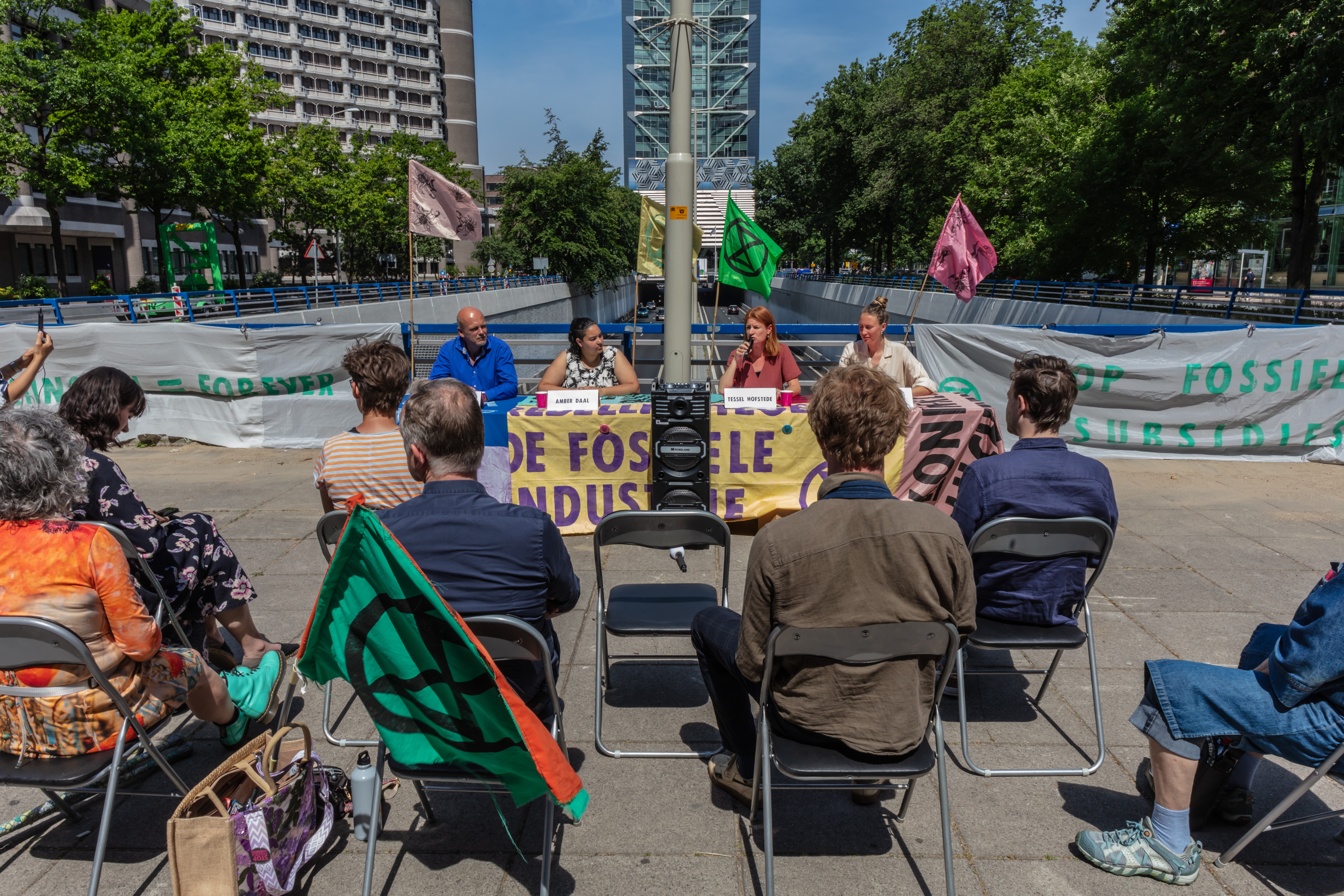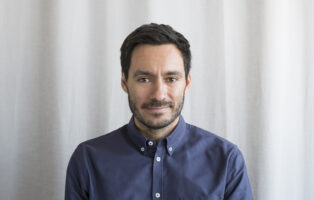This Semester, the Netherlands Institute for Advanced Study in the Humanities and Social Sciences (NIAS), hosts the Theme Group ‘The Future of Progressive Politics’. Its five fellows, distinguished scholars in the Political Sciences from Austria, Germany, Spain, the UK and The Netherlands, focus on exploring the dynamics of progressive politics within European democracies. The group seeks to contribute to the search for responses to the crises democracies across Europe are currently facing and, in particular, a better understanding of the fate of progressive parties, such as social democratic, Green, and radical left parties; the transformation of democracies in the context of new political cleavages and issue priorities such as climate change, immigration, and digitalization; and the implications and limitations of attempts to make politics more inclusive.
It is no coincidence that these were precisely the issues that divided Dutch politics and gridlocked public administration these past years. As the Netherlands prepares for eventful elections dominated by populist issues, a joint Center Left effort, and an almost entirely repopulated field of candidates and leaders, it is particularly useful to discuss what is specific about the Dutch case, what is not, and what this tells us about this specific political moment.
About the speakers
Tarik Abou-Chadi is Associate Professor in European Union and Comparative European Politics, Department of Nuffield College, University of Oxford. His research focuses on the transformation of European party politics, especially the rise of the radical right and the crisis of European social democracy.
Macarena Ares is Assistant Professor at the Department of Political Science, University of Barcelona. Her research focuses on the transformation of social class cleavage in postindustrial economies, distributive conflict over welfare policies, as well as on citizens’ responses to institutional performance.
Stefanie Reher is Reader (Associate Professor) in Government & Public Policy at University of Strathclyde, United Kingdom. Her research focuses on political representation, public opinion, and democratic legitimacy. Her recent work explores access to politics and the political representation of disabled people, with her book Disability and Political Representation (with Elizabeth Evans) forthcoming with Oxford University Press.
Matthijs Rooduijn is Associate Professor in Political Science at the University of Amsterdam in the Netherlands. His research focuses on the ideas, narratives and practices that strengthen and weaken liberal democracy. In particular, he examines topics such as populism, the far right, polarization and the role of empathy and tolerance in political discourse.
Jan Willem Duyvendak (moderator) is Distinguished Research Professor of Sociology at the University of Amsterdam (UvA). Since 2018, he is director of NIAS-KNAW. In 2021, he was elected member of the Royal Netherlands Academy of Arts and Sciences (KNAW) and in 2022 of the American Academy of Arts and Sciences.




